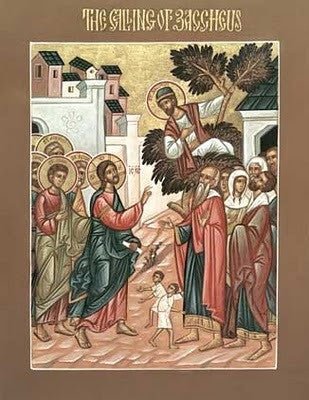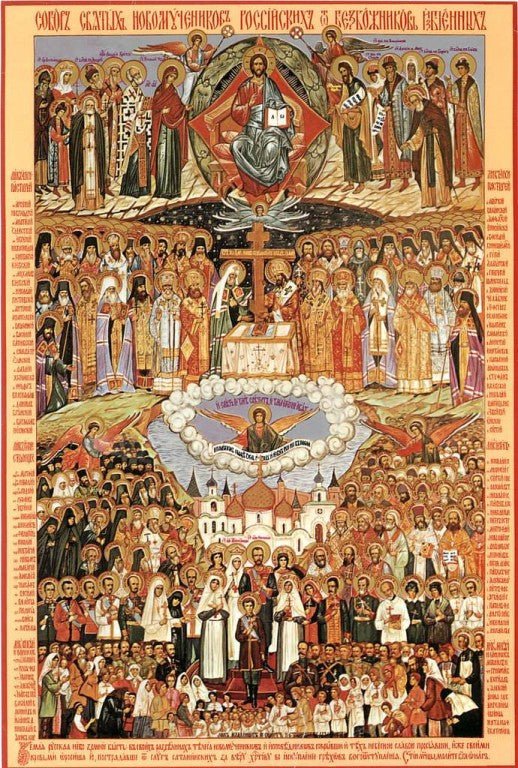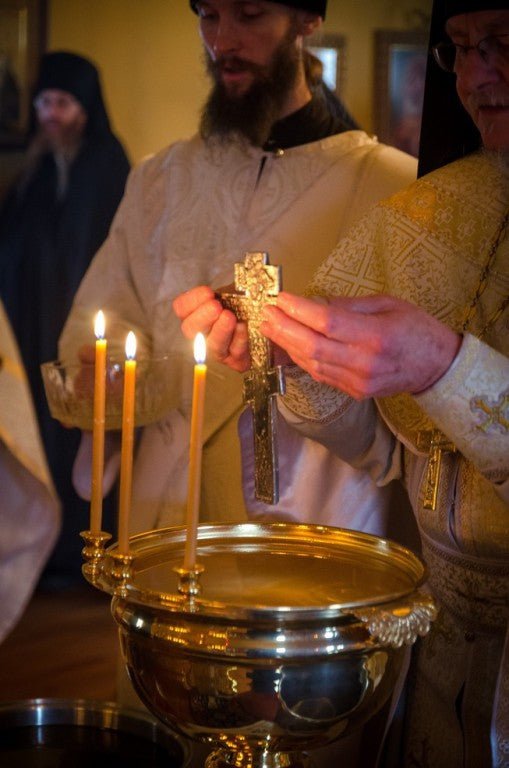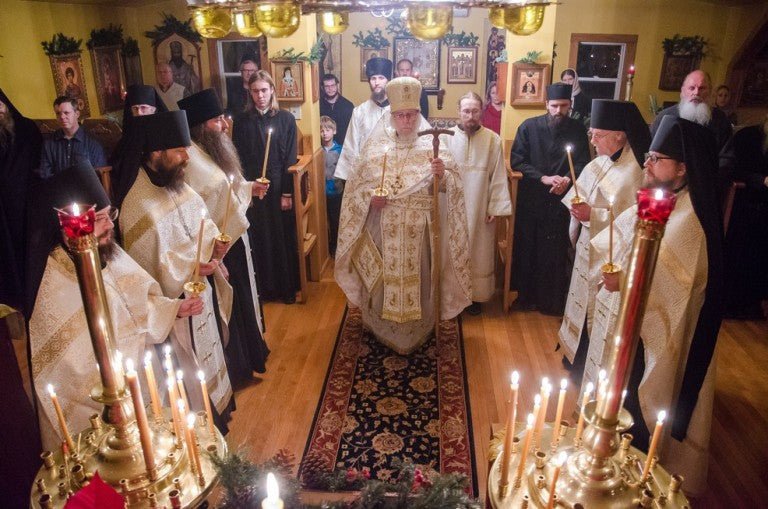Sermons & Homilies

Today’s feast has many meanings, many aspects, and even many names. It is sometimes called the Meeting of the Lord, sometimes the Purification of the Virgin, sometimes the Presentation of Christ in the Temple, and finally, especially in the West, it is known as Candlemas – the Feast of the Light that shown upon St. Symeon and which we remember by blessing candles on this day. This multiplicity of names and meanings is an indication that today’s feast is situated at a crossroads: between the Law and the Prophets, between the infancy and the adulthood of Christ, between the Old and the New Covenant. Today, for the first time in history, God Himself enters bodily into the Temple which was made for Him, carried in the arms of Her who is Herself the true Holy of Holies, the Tabernacle more spacious than the heavens. He enters not in a cloud of glory, but in humble poverty, in meekness fulfilling the Law which He Himself gave. And She enters to be purified, She who alone is spotless and undefiled. Here the Righteous Symeon prophecies over Him who is the fulfillment of all the Prophets.

Today, as we stand at the threshold of Great Lent, the Holy Church gives to us in the Gospel story of Zaccheus an icon of the Lenten journey which lies ahead. It is precisely an icon, because everything happens as it were in a flash, in one single image passing before our eyes. We hear nothing of Zaccheus’ past, and after these few short verses he never again appears on the pages of the New Testament. In fact, it is only in St. Luke’s Gospel that we hear of him at all. Yet for all its brevity, this Gospel passage contains within itself the entire narrative of salvation.

Today we celebrate the memory of the Holy New Martyrs and Confessors of the Russian land. These are all the multitude of bishops, priests, monks, nuns, laymen, laywomen, and children who were killed or suffered gravely because of their faith and their refusal to compromise their faith, to cooperate with the new revolutionary government, or to renounce their faith in Christ.

In the Gospel reading today, on this Sunday after Theophany, we hear the very first sermon that Christ ever gave in his public ministry: “Repent! For the Kingdom of God is at hand!”

The Feast of the Nativity of Christ is about God, the invisible, the undepictable, becoming visible, becoming incarnate and walking among us. But there is another side to this feast that we often forget.






